Even if you don't like Facebook, you have to like what Home is doing (especially if you're Google)
This article may contain personal views and opinion from the author.

We understand that there are plenty of you out there who don't like Facebook, and we want to make something clear right off the bat: your feelings about Facebook as a service have no bearing on the argument we're laying out here. Facebook Home launched today on a few Android devices. It had a bit of a rough start, and as we all expected, it's really made for the high-functioning Facebook junkie and not really anyone else. However, the idea behind Facebook is one that we should all pay attention to.
Until now, there have been two separate beasts in the Android world: manufacturer skins and alternative launchers/homescreens. Samsung phones have TouchWiz, HTC has Sense, etc.; and, any user could also hop into the Play Store and grab a different launcher if the look of their device didn't sit well. All manufacturer skins essentially follow the stock Android template with various additions and style changes. Most alternative launchers follow this same template as well, with notable exceptions like SF Launcher, which gives you a more Google Now style, or Launcher 7/8, which give you a Windows Phone 7/8 look. Many alternative launchers offer theme support, but that essentially just means different icon packs and backgrounds.
What Facebook has done with Home is something wholly new, even if it doesn't work perfectly and isn't for everyone. Sure, it would be nice to have widgets, faster access to the camera, and a few other features in Home. But, Facebook is one of the few companies that has taken the openness and customizability that Google built into Android and has pushed that idea farther than anyone else. This isn't a new take on Android, this is just flat out something new. And, we think that is a really good thing, because the argument that something different will hurt Android or Google doesn't make sense anymore.
Android (and Google) have nothing to fear
Look, there was a long period of Android's life where there were constant complaints about "fragmentation" (a word which we have sworn off around here). Setting aside the OS update issues, the main argument of "fragmentation" was that no two Android devices look or perform the same way. This was a valid argument back when Android was still and up-and-comer in the mobile world, but Android isn't a contender anymore, it has claimed the spot at the top of the hill. Android isn't a small platform that can get taken down by something new. It is the most popular platform around that got that way because it offered something new, and something that could always be changed.
Worldwide, 75% of smartphones are Android devices, and with the exception of some eye candy and the inclusion of Google Apps (and the MIUI devices in China which do away with the app tray), they all look and act about the same. If you want to be flippant about it, most of the Android handsets out there are Samsung devices anyway, and TouchWiz is TouchWiz. But, just because one device has the stock icons and one has the TouchWiz icons doesn't mean that users can't understand Android. Android may have a lot of power-user features hidden under the hood, but for the majority of users Android works mostly the same as iOS, just with widgets, (which HTC claims the majority of users don't even use anyway).
Facebook coming in with a UI that is completely different from the traditional Android experience doesn't hurt Android at all, because Facebook Home is completely optional. You won't have it on your device unless you specifically choose to install it, or to purchase a device like the HTC First, where it is baked-in. And, even if you purchase a device like the First, you can still disable Facebook Home and have a stock Android experience. Isn't this exactly what we've been asking for with manufacturer skins: the ability to turn them off?
Facebook Home gives you that option. If you don't want it, you don't have it. Even on the HTC First, if you don't want Facebook Home, you'll still have a solid mid-range device with LTE that's running stock Android. That's not too bad for $99. If you do have it, you should know what you're in for with it, because it was your choice to get it. And, in the meantime, it is showing us just how different things can be with Android. Remember: Google created Android this way for a reason.
A homescreen revolution?
Google created Android to be open and highly customizable. If you don't like the SMS app, dialer, calendar apps or anything else, just change them. If you don't like the launcher, change it. Of course, there's more than one reason why someone wouldn't like the launcher. It could be that the stock launcher doesn't allow for backing up your homescreen layouts, or get some different animations, or icon packs. Basically, there are two reasons you choose an alternate laucher: 1) you want more functionality, or 2) you want it to look different.
As we said, so far, different just means a new icon pack or wallpaper, or at the most, you can find a launcher that mimics a different platform. There are almost no launcher options that are trying to create something new. Facebook Home does that, so why not other companies? There are certainly power users on Twitter who would go for a similar experience. Personally, I'd love to try out a Google+ version of Home, because that's where I spend my social networking time. Any app that has high usage rates from the top users, like Instagram, Foursquare, or Feedly could simply copy the basic idea that Facebook has laid out, and run with it. Maybe neither apps nor people should be first, maybe you'd rather it be photos, places, or news.
Or, maybe it needn't be any of those. We've already seen a number of variations on the idea of what a smartphone UI should be between BlackBerry (legacy and BB10), iOS, Windows Mobile, Windows Phone, Android, Firefox, Tizen, Ubuntu, and all of the rest. The thing is that Android can look and feel like any of these, or none. The fact that launchers like SF Launcher or Launcher 7/8 exist proves that Android can look like anything at all, and we're hoping that Facebook Home is the kick that gets designers to realize that.
Conclusion
There are plenty of people out there who love how Android looks and feels. Just take a look through the Facebook Home reviews and you'll see a number of annoyed users who found that Facebook had removed things about Android that they loved. Obviously, the idea of a Google+ Home, Twitter Home, Feedly Home, or Foursquare Home won't appeal to everyone, but they don't have to.
There are already a couple of interesting launcher alternatives in the Play Store, like Buzz Launcher, which allows you to create, share, and download homescreen packs that can completely change the look and feel of your device. But there are very few others that take real chances and try to break the current homescreen idea the way that Facebook Home has. And, it doesn't matter how few people would be interested in it, because this is Android. It's all about choice, but you can't choose what doesn't exist yet.

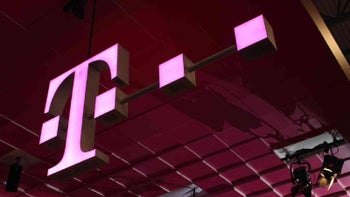
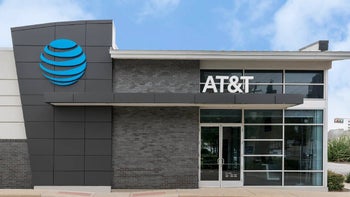
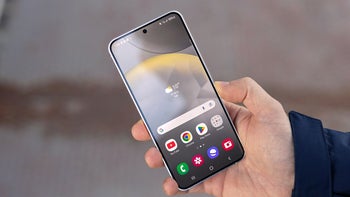
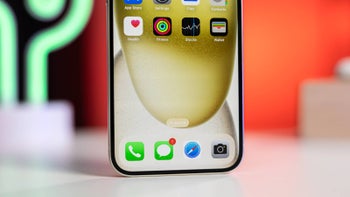
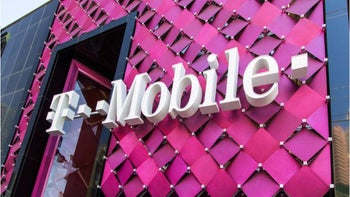
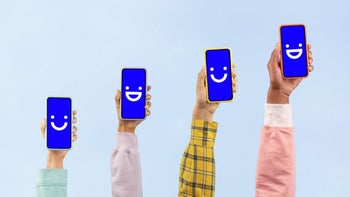
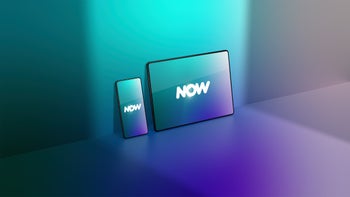
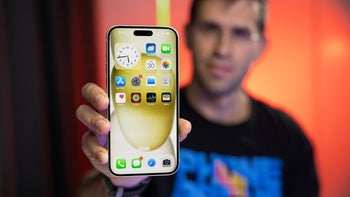
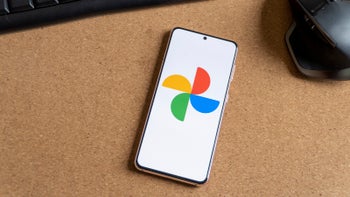
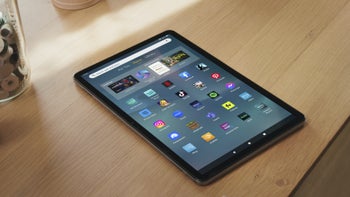
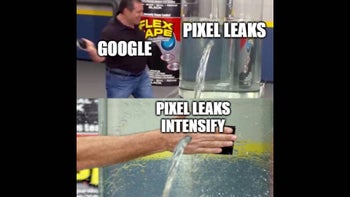
Things that are NOT allowed: